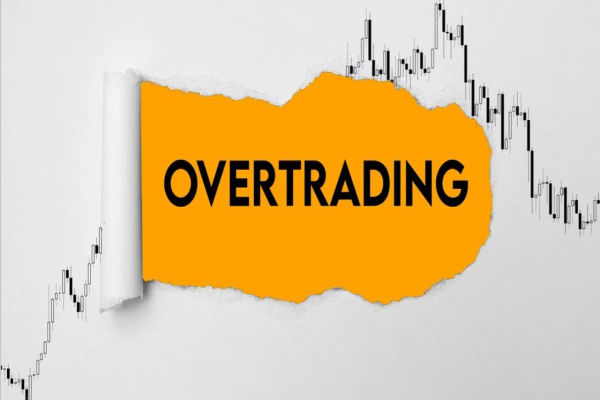Scalping Forex Trading Strategy
A simple trading strategy refers to opening and closing many pen positions within a very short period of time, relying on very low stop profit targets and very low stop losses. Not all forex brokers allow scalping, and not all those who allow scalping are adept at using scalping for trading. Scalping may not be suitable for all traders, and personally, it is not recommended to use scalping.

Trading Scope: Scape Trading
Scalp trading encompasses two main types of traders:
1. Exploiting Quote Delays:
For example, if you observe the market of two platforms at the same time and find that the market of platform A is a few seconds faster than that of platform B, you have the ability to "predict the future". The behavior of using this quotation delay to profit is included in the scope of scalping.
2. Ultra Short Term Trading:
This is refering to trading positions held for mere minutes or even seconds, falling within the realm of scalp trading strategies.
Features
1. Lucky traders can earn generous returns.
2. There is no need to pay attention to technology, fundamentals, or any other analysis.
3. The spread will account for a significant portion of profits.
4. Usually, the return/risk ratio is very low.
5. Not all forex brokers are allowed to scalp.
6. It takes a lot of time to track and trade.
Not every forex traders is suitable for using a scalp trading strategy. This strategy requires investors to keep an eye on the computer during the formal trading process and be very focused at every moment of the trading process. It is normal to have a profit awareness of only a few points at a time in forex trading. The use of scalp stripping for forex trading requires investors to have agile reactions, as this trading strategy does not give investors time to think and analyze.
【 EBC Platform Risk Reminder and Disclaimer 】: There are risks in the market, and investment needs to be cautious. This article does not constitute investment advice.







